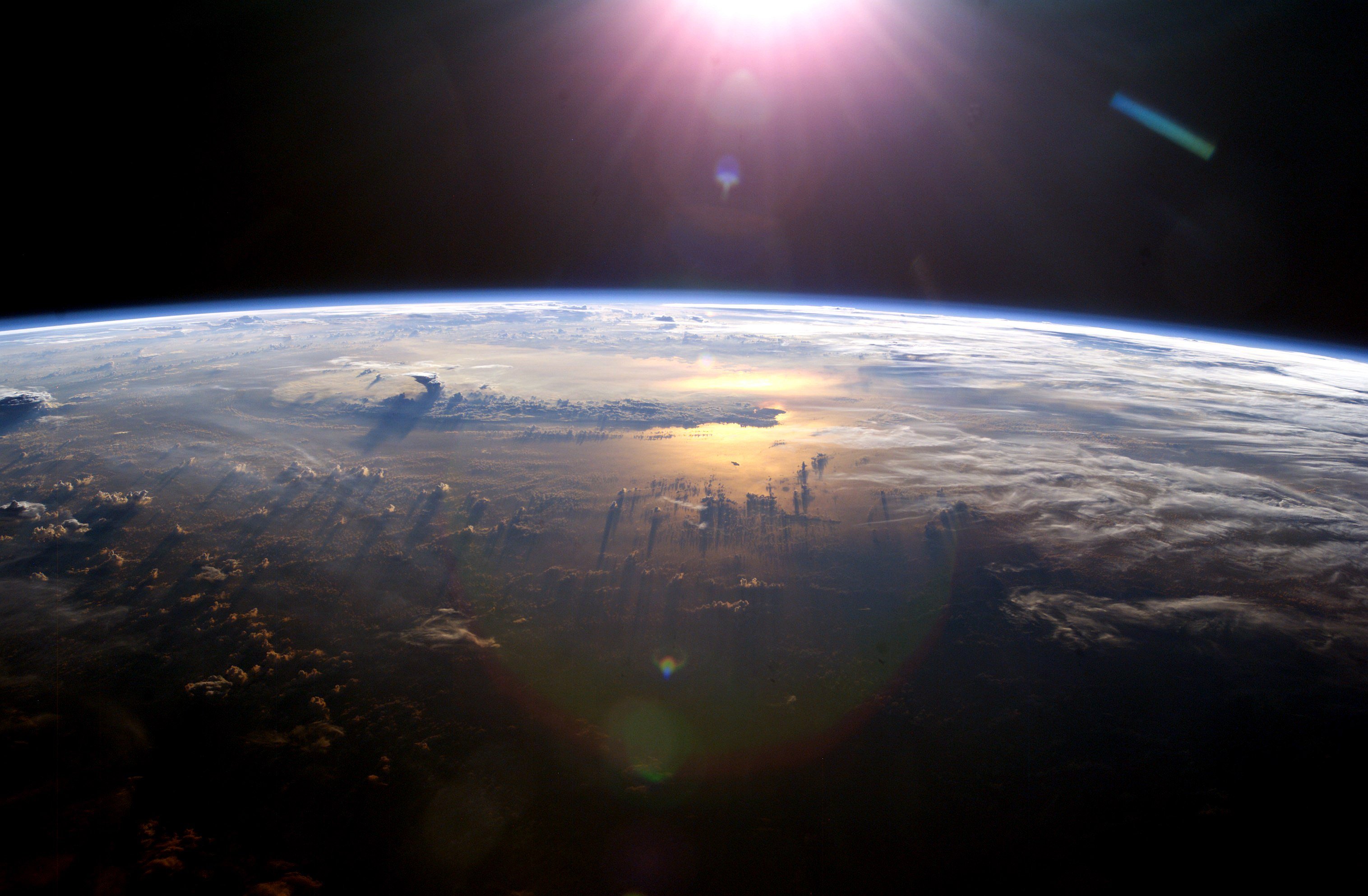by 1776
In September of 2011, the Nobel Prize-winning physicist, Ivar Giaever, resigned from the American Physical Society. The APS’s position on “climate change” was one he could no longer accept – to wit, APS’s use of the word “incontrovertible” to describe the evidence in favor of global warming.
This seemingly innocuous word caused so much contention within the APS, that their leadership was eventually forced to create a special working group to address it. The transcripts from one of the workshops ran over 570 pages. Clearly, this was no mere triviality.
After much wrangling and debate, the APS leadership finally relented and removed the offending term from their official position statement on climate change.
To the uninitiated, a battle over one word may seem overwrought. But to those in the know, it was a contest for the heart and soul of science because the word incontrovertible runs totally contrary to the essential elements of science, i.e., skepticism, inquiry, reproducibility, falsifiability, etc.
Put another way, nothing in science is technically “incontrovertible”, and the science is never really “settled”. A scientist does not set out to “prove” a hypothesis; rather, they attempt to falsify it through experimentation. And if the hypothesis withstands an attempt at falsification, confidence in it grows. But that confidence never passes the threshold of being incontrovertible. The reason for this is simple: It’s always possible that the next experiment will end up falsifying the hypothesis.
In this way, science seeks to provide useful models for describing and explaining the natural world while acknowledging the inherent limitations on human knowledge along with the uncertainties that come with it. Words like incontrovertible and settled are attempts to brush aside that uncertainty and to supplant it with a set of unscientific dogmas.
Judith Curry, a career climatologist at Georgia Tech, found this out the hard way.
An erstwhile proponent of man-made global warming, Curry eventually transitioned into the skeptic camp. She never stopped believing that humans have an effect on climate generally or the earth’s temperature specifically, however she began to question the degree of confidence that some scientists were attributing to man’s role in warming the planet. In any other scientific context, this would have been unremarkable. But in the highly politicized environment of “climate science”, it resulted in an onslaught that eventually forced her to resign from her position. Curry explains on her blog:
A deciding factor was that I no longer know what to say to students and postdocs regarding how to navigate the CRAZINESS in the field of climate science. Research and other professional activities are professionally rewarded only if they are channeled in certain directions approved by a politicized academic establishment — funding, ease of getting your papers published, getting hired in prestigious positions, appointments to prestigious committees and boards, professional recognition, etc.
How young scientists are to navigate all this is beyond me, and it often becomes a battle of scientific integrity versus career suicide (I have worked through these issues with a number of skeptical young scientists).
Let me relate an interaction that I had with a postdoc about a month ago. She wanted to meet me, as an avid reader of my blog. She works in a field that is certainly relevant to climate science, but she doesn’t identify as a climate scientist. She says she gets questioned all the time about global warming issues, and doesn’t know what to say, since topics like attribution, etc. are not topics that she explores as a scientist. WOW, a scientist that knows the difference! I advised her to keep her head down and keep doing the research that she thinks interesting and important, and to stay out of the climate debate UNLESS she decides to dig in and pursue it intellectually. Personal opinions about the science and political opinions about policies that are sort of related to your research expertise are just that – personal and political opinions. Selling such opinions as contributing to a scientific consensus is very much worse than a joke.
Curry’s climate apostasy has not won her many friends in the academic community:
In a field where inquiry, skepticism, and robust debate should be welcomed and encouraged, the high priests of man-made global warming have declared the discussion over. All who deviate from the prevailing orthodoxy are stigmatized as heretics and shills. Meanwhile, a veritable army of politically motivated authoritarians perpetuate and reinforce these articles of faith for transparently self-serving reasons. The only thing standing in their way… is science.





4 comments
… [Trackback]
[…] Find More on that Topic: thelibertarianrepublic.com/the-science-is-never-settled-climate-change-and-the-scientific-method/ […]
… [Trackback]
[…] Find More here to that Topic: thelibertarianrepublic.com/the-science-is-never-settled-climate-change-and-the-scientific-method/ […]
… [Trackback]
[…] Information on that Topic: thelibertarianrepublic.com/the-science-is-never-settled-climate-change-and-the-scientific-method/ […]
… [Trackback]
[…] Find More here on that Topic: thelibertarianrepublic.com/the-science-is-never-settled-climate-change-and-the-scientific-method/ […]